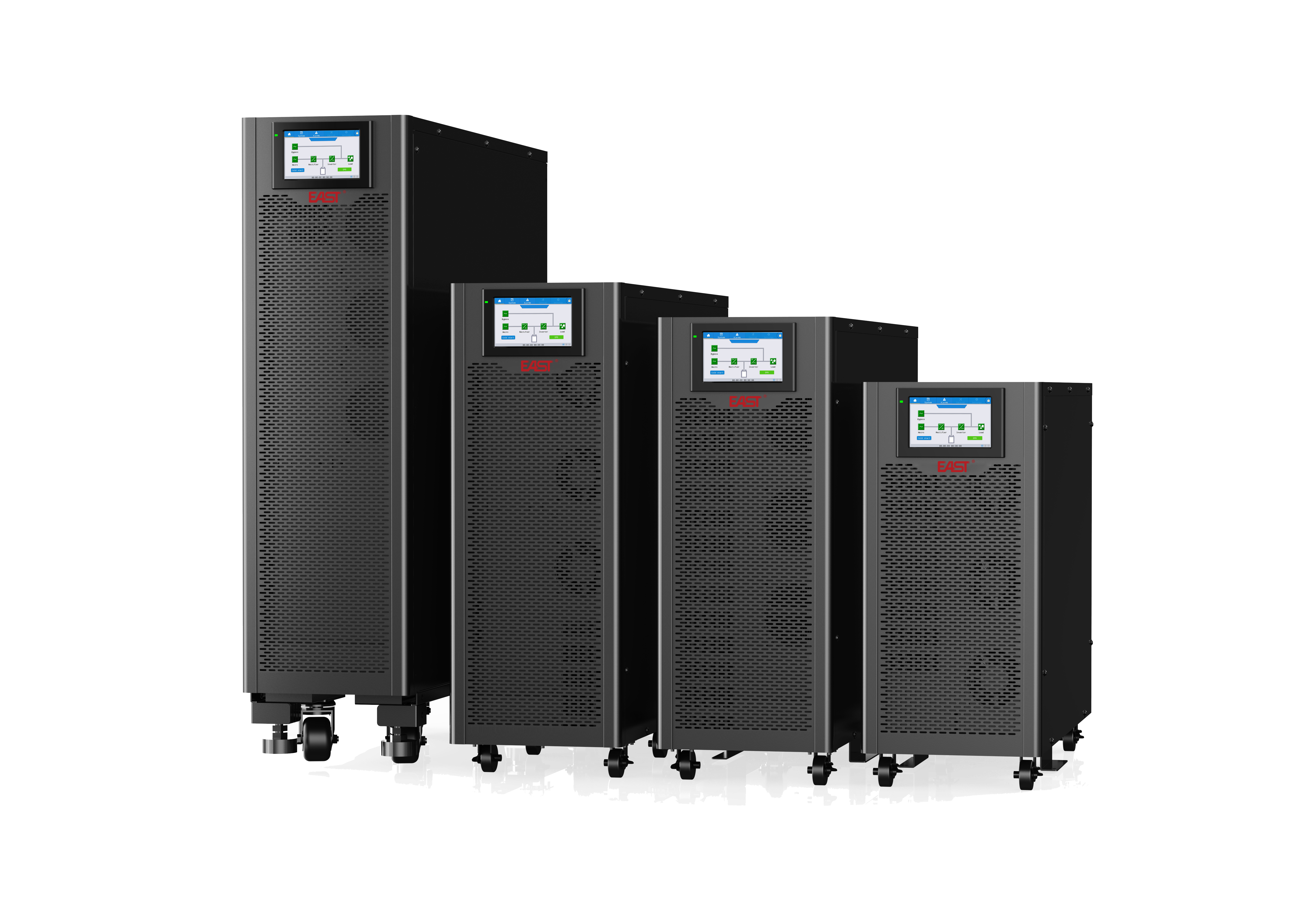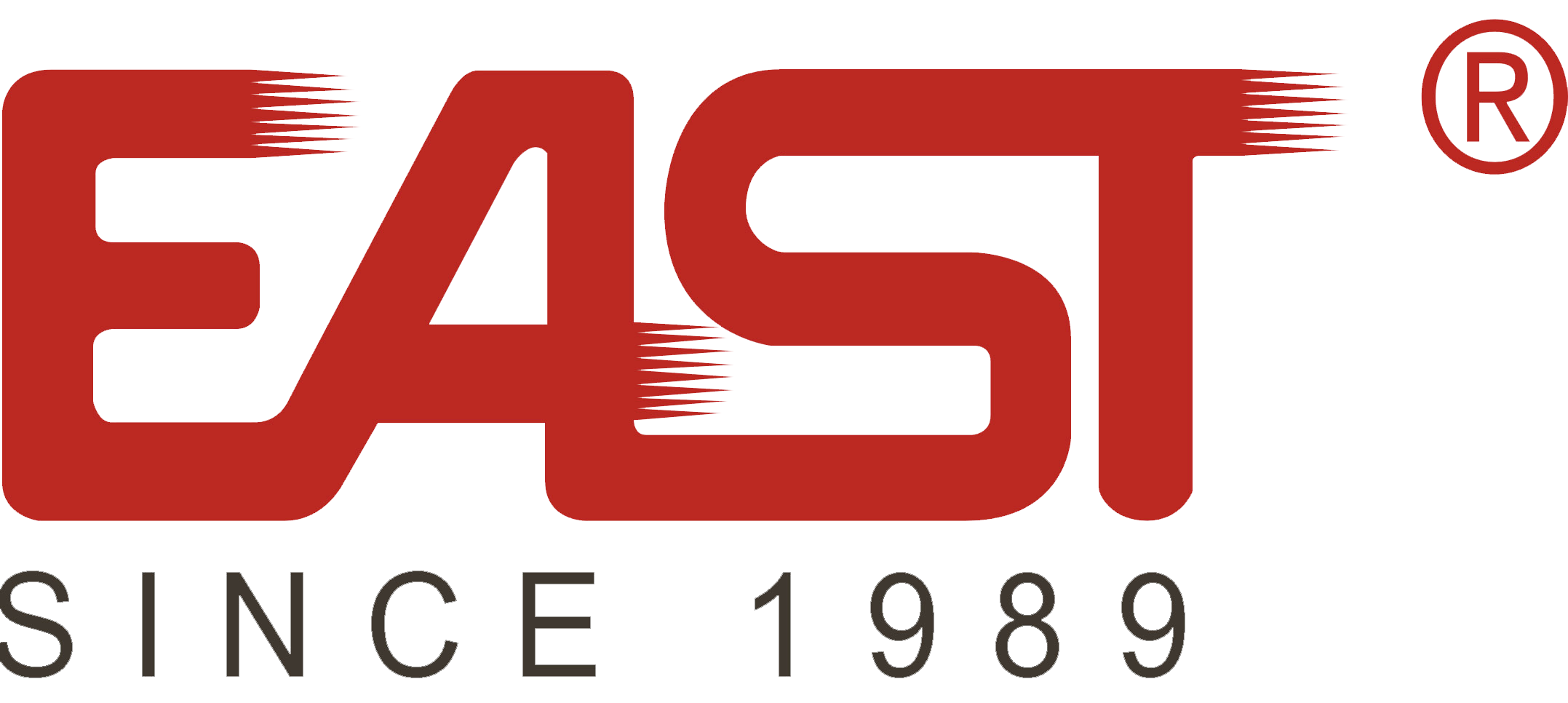Email format error
Email cannot be empty
Email already exists
6-20 characters(letters plus numbers only)
The password is inconsistent
Email format error
Email cannot be empty
Email does not exist
6-20 characters(letters plus numbers only)
The password is inconsistent


What Is an OEM Modular UPS?
An OEM Modular UPS (Original Equipment Manufacturer Modular Uninterruptible Power Supply) is a type of uninterruptible power system designed and manufactured by an OEM. Unlike traditional monolithic UPS systems, modular UPS solutions are built with scalable, hot-swappable power modules, allowing users to flexibly adjust power capacity and redundancy levels based on real-time needs.
Key Features of Modular UPS
Scalability: Users can gradually increase capacity by adding power modules (e.g., 10kW, 20kW), avoiding the need for a large upfront investment.
Hot-Swappable Maintenance: Faulty modules can be replaced or upgraded without shutting down the entire system.
High Availability: N+X redundancy ensures continuous operation even if one or more modules fail.
Energy Efficiency: Modular UPS systems typically adopt advanced topologies (such as three-level IGBT) to maintain high efficiency even under partial load.
Intelligent Management: Support for remote monitoring, load balancing, and predictive maintenance enhances operational reliability and convenience.
Application Scenarios of OEM Modular UPS
Data Centers: Meet dynamic IT load demands while reducing initial capital expenditure.
Industrial Automation: Provide reliable power for mission-critical production lines.
Telecom Base Stations: Enable distributed energy management and remote operation & maintenance.
Healthcare Facilities: Ensure zero-power interruption for critical areas such as operating rooms and ICUs.
Modular UPS vs. Traditional Tower UPS
| Feature | Modular UPS | Traditional Tower UPS |
| Expansion | Add power modules as needed | Replace entire system or parallel units |
| Maintenance | Hot-swappable; no downtime | Requires shutdown for servicing |
| Initial Investment | Staged investment; more flexible | High upfront cost |
| Energy Efficiency | Higher efficiency at partial load | Optimal efficiency at full load |
| Footprint | More compact (especially in high-frequency models) | Larger (especially in low-frequency models) |
Key Considerations When Choosing an OEM Modular UPS
Manufacturer's Technical Capability: Evaluate the OEM’s R&D strength in areas such as power topology and thermal design.
System Compatibility: Ensure integration with existing infrastructure like battery cabinets and monitoring systems.
Customization Support: Check if the manufacturer offers module-level customization such as power ratings and communication protocols.
Long-Term Support: Assess the availability of firmware updates and spare parts over the product lifecycle.
Future Trends
Lithium Battery Integration: Combining modular UPS with lithium batteries to increase energy density and cycle life.
AI-Based Predictive Maintenance: Leveraging algorithms to monitor module health and issue early failure warnings.
Green Energy Compatibility: Supporting hybrid power systems that include solar energy and energy storage.
Conclusion
An OEM modular UPS supplier, such as EAST, provides a high-reliability, low-TCO (Total Cost of Ownership) power protection solution through flexible expansion and redundancy. It is particularly well-suited for environments where scalability and operational efficiency are critical. When selecting a system, organizations should evaluate their specific load characteristics alongside the technical expertise and service capabilities of the OEM modular UPS supplier.

